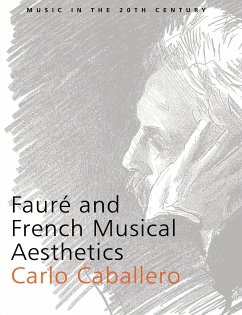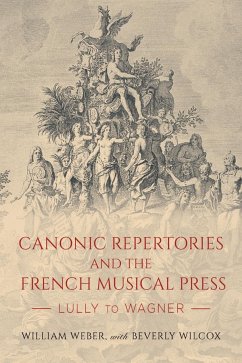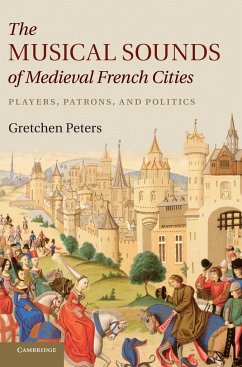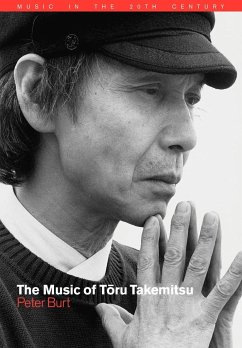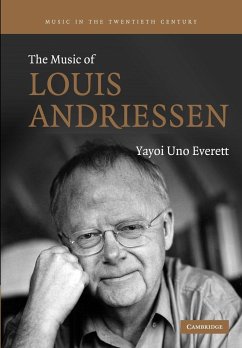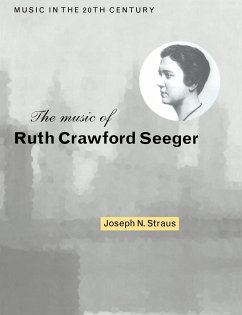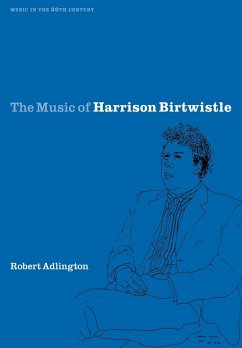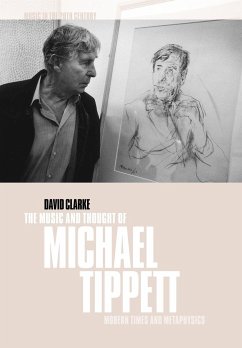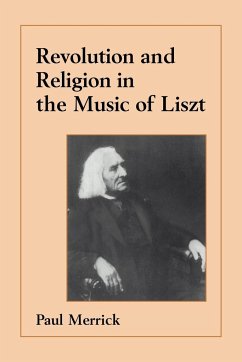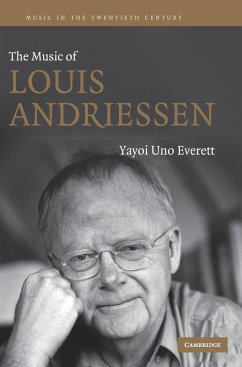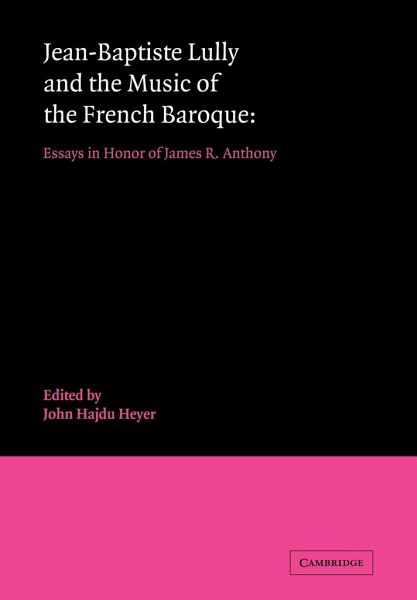
Jean-Baptiste Lully and the Music of the French Baroque
Essays in Honor of James R. Anthony
Herausgeber: Heyer, John Hajdu
Versandkostenfrei!
Versandfertig in 1-2 Wochen
49,99 €
inkl. MwSt.

PAYBACK Punkte
25 °P sammeln!
Jean-Baptiste Lully, court composer to Louis XIV, served as the principal architect of what would become known as the French style of music in the baroque era.



